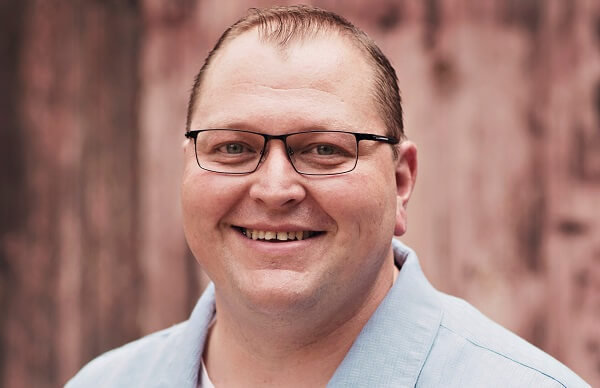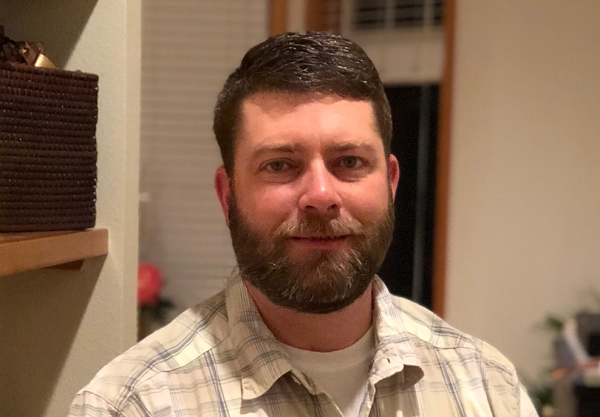I was 29 years old when I went to treatment. It was a nudge from a Judge that drove me to my first introduction to Harmony Foundation when I called asking for help. At that time I couldn’t imagine my life without alcohol, but I did know that I didn’t want to be miserable anymore. Alcohol may have taken away the bad feelings, but it certainly did not take away the misery, it was an unwanted houseguest that had moved in and was planning to stay.
I will never forget that first call. I was scared, uncertain and feeling hopeless. Sharon, a former Union Boilermaker, originally from Pittsburgh, was my lifeline to my new life in recovery. Sharon was kind and understanding, she eliminated barriers, was honest, and insightful. I had tried different feeble attempts of getting sober that all involved managing and moderation. When it was all said and done, Sharon was quick to point out that everything I tried wasn’t working and said, “Try this!” She added that I was allowed to try things once in my life and never have to try them again if I didn’t like it. So, I tried, came to Harmony and by the grace of my God of my understanding, I haven’t found it necessary to pick up a drink or a drug since that phone call.
Whether you’re a friend, family member or just desperately in despair looking for help, making that first call can be overwhelming. Many people perceive addiction treatment likened to Jack Nicholson in “One Flew over the Cuckoo’s Nest.” In truth, most addiction treatment is not straightjackets, lockdown facilities and Nurse Ratchet’s.
In fact, good addiction treatment and working with someone in admissions is built on compassion, empathy, strength and guidance. As a person in recovery who went through the admissions process, I can say that the first call makes all the difference.
What can you expect when calling for help? First and foremost you should expect to be treated with dignity and respect. Someone who is willing to answer every question you have. You should expect to be valued enough as an individual that your questions will be answered honestly even if the Admission Staff knows the truthful answer may not be what you want to hear. Remember, you are making a call to save your life not giving someone on the other end an opportunity to close a deal. Insurance does not pay for flights, waving of fees and deductible only means that the revenue has to be made up from somewhere or someone else, that someone else could be you. If services provided and allowable items are different on the phone than the programs website, you have a right and self-responsibility to ask why the difference without being challenged. One of the most critical elements to a successful treatment experience is honesty. This critical element will be missing if the admission process revolves around any kind of dishonesty. You should also expect to work with an organization that will inform you if they cannot meet your needs and they will provide you with direction to programs they have a collaborative relationship with to best meet your needs.
Today, I am an Admissions Manager and since my first and only admission all those years ago, I have been given the good fortune to not just experience the admission process once, or twice, or even 100 times but thousands of times. I remind myself on every call how I was treated on that first call with Sharon, and I am committed daily to respond the way she did. People calling, no matter what the motivator, just want to be heard without judgment and respected. Admissions staff is the first impression of the organization they establish the trust necessary for the individual to begin a process of a willingness to change. Being dishonest, pushy and unclear about expectations sets everyone up for failure.
Each time I work with an individual or family, it is a privilege to be the resource that helps them begin their new journey of sobriety. No two admissions are the same. I honor and respect the clients allowing them to experience their own journey with the admissions process the same as I was.
So as you consider treatment and you inquire about what program is the best fit for you. Remember that that person on the other line may have the one thing you need to help you begin again. One thing I can say that is true for me, every time I try anything that involves the admission process, I learn from it, I grow from it, and most of all I love it.




